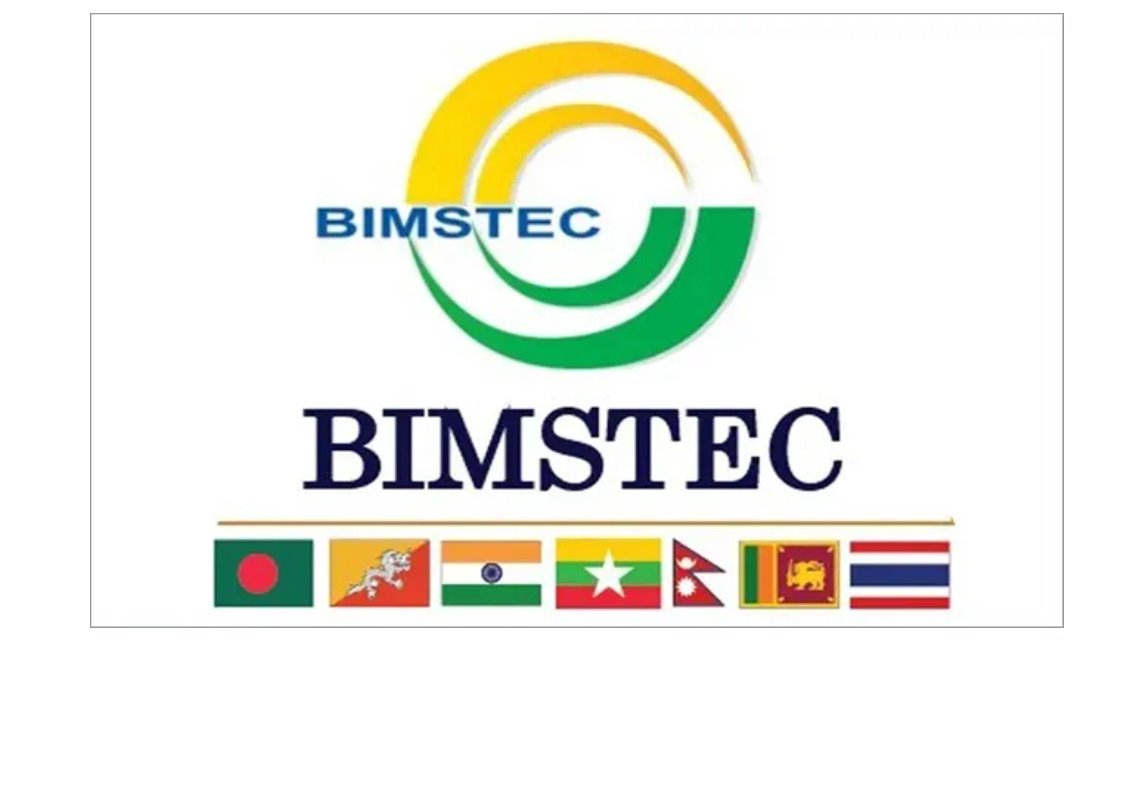Promoting Regional Cooperation and Integration: BIMSTEC
The Bay of Bengal Initiative for Multi-Sectoral Technical and Economic Cooperation (BIMSTEC)
The Bay of Bengal Initiative for Multi-Sectoral Technical and Economic Cooperation (BIMSTEC) is a regional organization comprising of seven countries in South Asia and Southeast Asia. It was established in 1997 with the aim of promoting economic cooperation, technological collaboration, and cultural exchanges among its member states. The member countries of BIMSTEC are Bangladesh, Bhutan, India, Myanmar, Nepal, Sri Lanka, and Thailand.
Objectives of BIMSTEC
BIMSTEC has set several objectives to enhance regional cooperation and integration among its member states. Some of the key objectives include:
- Promoting economic growth and development in the region.
- Facilitating trade and investment among member countries.
- Enhancing connectivity and infrastructure development.
- Strengthening cooperation in various sectors such as agriculture, tourism, energy, fisheries, technology, and climate change.
- Promoting people-to-people contacts and cultural exchanges.
Areas of Cooperation
BIMSTEC covers a wide range of areas for cooperation among its member countries. Some of the key areas of cooperation include:
Trade and Investment
BIMSTEC aims to promote trade and investment among its member states by reducing trade barriers, improving market access, and enhancing economic cooperation. The organization encourages the negotiation of free trade agreements (FTAs) among member countries to boost regional trade and investment.
Connectivity and Infrastructure Development
BIMSTEC recognizes the importance of connectivity in promoting economic growth and development. The organization focuses on enhancing physical connectivity through the development of transport infrastructure, such as roads, railways, ports, and airports. It also promotes digital connectivity to facilitate e-commerce and digital trade in the region.
Agriculture and Food Security
BIMSTEC member countries collaborate in the field of agriculture to enhance food security and promote sustainable agricultural practices. They exchange knowledge and best practices in areas such as crop production, irrigation, agricultural research, and rural development.
Tourism
Tourism is a significant sector for economic growth in the BIMSTEC region. The member countries work together to promote tourism by developing joint tourism packages, facilitating tourist visas, and sharing information on tourist attractions and cultural heritage.
Energy
BIMSTEC focuses on promoting energy cooperation among its member states to ensure energy security and sustainable development. The organization encourages the sharing of expertise, technology, and best practices in areas such as renewable energy, energy efficiency, and cross-border energy trade.
Technology and Innovation
BIMSTEC emphasizes the importance of technology and innovation for economic growth and development. The member countries collaborate in areas such as information technology, biotechnology, space technology, and telecommunication to promote technological advancements and knowledge sharing.
Challenges and Future Prospects
Despite its potential, BIMSTEC faces several challenges in achieving its objectives and fostering regional cooperation. Some of the challenges include:
- Differences in economic development among member countries.
- Political and security issues among member states.
- Infrastructure gaps and connectivity challenges.
- Coordination and implementation challenges.
- Limited financial resources for implementing projects and initiatives.
However, BIMSTEC continues to work towards addressing these challenges and enhancing regional cooperation. The organization has identified several areas for future collaboration, including:
- Enhancing connectivity through the development of transport networks, including road, rail, and maritime routes.
- Promoting digital connectivity and e-commerce in the region.
- Strengthening cooperation in the field of disaster management and climate change.
- Exploring potential areas of collaboration in the blue economy, such as fisheries and marine resources.
- Facilitating people-to-people contacts and cultural exchanges through tourism and educational programs.
Conclusion
BIMSTEC plays a crucial role in promoting regional cooperation and integration among its member countries. Through its various initiatives and areas of cooperation, the organization aims to enhance economic growth, connectivity, and cultural exchanges in the Bay of Bengal region. Despite the challenges, BIMSTEC continues to work towards achieving its objectives and fostering closer ties among its member states.
